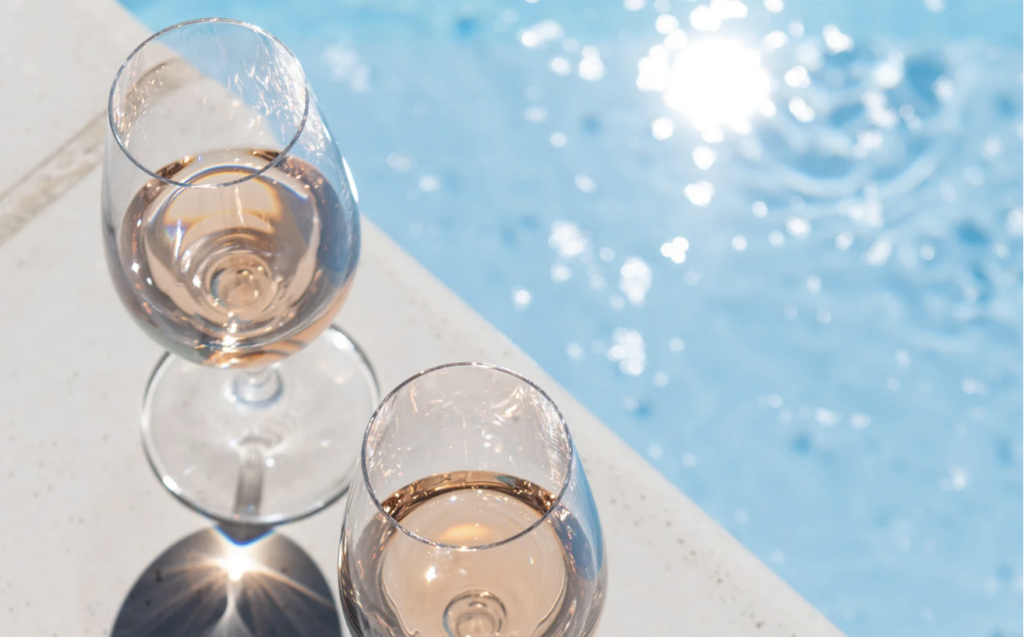If you know us, you might find it surprising to see 1275 write about rosé. And you’d be right: in our world, rosé has long been seen as something closer to tinted water – a splash of alcohol, a few artificial tweaks, and not much else. Not exactly our cup of tea… nor glass of wine! And yet, we must acknowledge that the rosé business model is one of wine’s great recent triumphs.
A Generational Change
Over the past decade, we’ve witnessed a shift in drinking habits. Much of the younger generation approaches wine differently: less formality, more fun, and certainly fewer “big reds”. Those classic wines are now often dismissed as “dad wines”, with youngsters gravitating more towards lighter styles, as well as biodynamic or natural wines. As part of this, rosé has become the emblem of a more casual, easy-going way of drinking. It’s trendy, accessible, and frankly, a smart entry point into the world of wine for those who may otherwise find it intimidating.
Strength in Numbers
Let’s be clear: rosé generally has very little (if nothing) to do with terroir. It’s not made to express a place, a soil, or a philosophy. It’s driven by chemistry, colour, and quantity – not complexity. But that’s precisely what makes it such a clever business proposition. In a fine wine market currently navigating a more complex cycle, rosé is an industrial product that sells, and sells well when the branding is right. Large conglomerates such as LVMH or Chanel have understood this with their brands – Château d’Esclans and Domaine de l’Ile respectively. They’ve targeted a specific market segment – younger consumers eager for a cool label and an easy sip – and turned it into a cash machine. That’s segmentation at its best.
So as far as the pink drink goes, it is the investment proposition from a “passion project” standpoint that is, to us, the most exciting element of this category. We’re often questioned by friends interested in what vineyards or wineries make worthy investments. Our answer for now? Rosé makes the quickest cash returns!
Summer Drinking
If you’re desperately looking for a bottle of rosé to drink by the pool this summer, be mindful that most of the appeal boils down to the marketing budget behind the well-known labels. For a more gastronomic experience, you might seek a couple of interesting rosé brands : (i) Nervi Rosato – a rosé made by the Piedmont maestro, Roberto Conterno, and (ii) Domaine Triennes – a Provence rosé co-owned by two big Burgundy names: Aubert de Villaine (Domaine de la Romanée-Conti) and Jacques Seysses (Domaine Dujac). Otherwise, you might just, like us, prefer to opt for a great Champagne such as Maison Delamotte, or a fantastic value white such as Grand Village Blanc, made by the owners of Château Lafleur.

